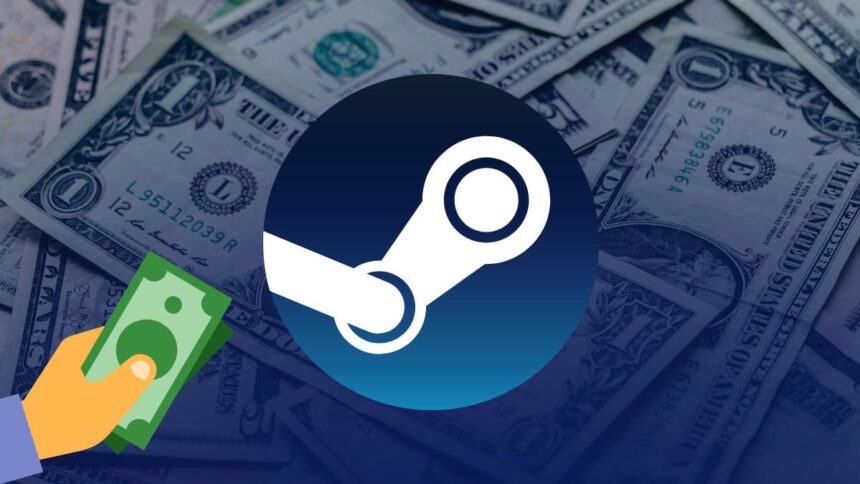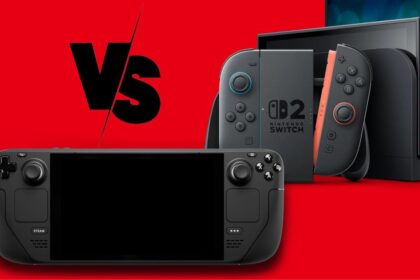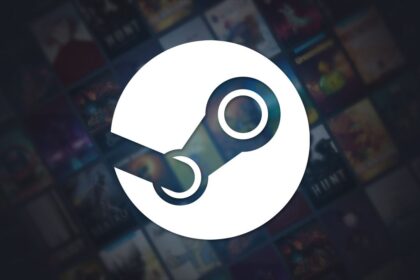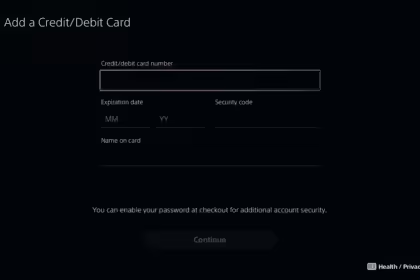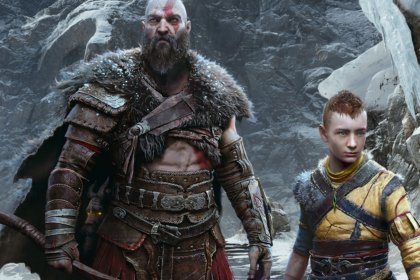This week, Valve introduced a critical notice in the Steam shopping cart, informing users that they are not buying the full game or software. Instead, they are purchasing a license to use it. Although this banner surprised many in the gaming community, it aligns with a new California law requiring digital storefronts to communicate that users are acquiring usage licenses, not full content ownership.
This move by Steam, the world’s largest gaming marketplace, highlights an issue that has long been overlooked: digital purchases do not grant true ownership of the content but rather a license to use it. The warning now appears globally; users can see the message before completing their purchases: “Purchasing a digital product grants a license to the product on Steam.”
In short, if there was ever any uncertainty, it’s now clear—the games you buy on Steam aren’t fully yours; you’re just getting a license to access them.
Why this change?
Valve’s decision to include a notice in the Steam checkout is an early response to new California legislation that mandates digital platforms to inform consumers they are purchasing usage licenses rather than owning the content outright. This law, set to take effect in 2025, was signed by Governor Gavin Newsom and aims to enhance transparency in digital content licensing.
The new regulation doesn’t just apply to Steam—other platforms like PlayStation Store, Microsoft Store, and Nintendo eShop must also comply by displaying similar warnings to users. However, none of these platforms have started implementing such alerts.
The law’s core purpose is to clarify that when consumers purchase digital content—a game, movie, music, or software—they are only buying the right to use it according to the license terms. The rights holders can potentially revoke or alter these licenses at any time.
This legislation was likely inspired by recent incidents that left consumers feeling misled, such as Ubisoft’s The Crew, where sales were suspended and servers taken offline, and Sony’s hero shooter Concord, which was not only removed from the PlayStation 5 store but also deleted from the libraries of users who had purchased it digitally. The goal is to prevent such situations by clarifying what users are purchasing.
GOG strikes back
GOG, known for its pro-consumer approach, responded to the recent changes with its announcement on X (formerly Twitter), humorously stating that it, too, has started displaying a similar warning at checkout. However, there is a significant difference between GOG and platforms like Steam: GOG only sells DRM-free games.
This means that the games sold on GOG are not restricted by digital rights management (DRM) technologies, which typically limit reproduction, copying, or modification. This translates to greater freedom for users—they can download and use their purchased games without staying connected to a specific account or platform.
This DRM-free policy is a significant advantage for consumers, ensuring they can access and keep their games even if the store shuts down or if their accounts are suspended. It reinforces GOG’s reputation for putting user ownership and control at the forefront of its business model.
A new chapter in digital consumption
This shift in how digital platforms communicate with consumers reflects a broader movement towards greater transparency about user rights. For many, it may come as an unwelcome surprise to realize that when they purchase a game, movie, book, or music online, they don’t actually “own” it in the traditional sense. However, this change ensures that users are now being informed more clearly.
Although California’s legislation won’t take effect until 2025, other countries and states will likely adopt similar measures, potentially reshaping how digital platforms communicate with their customers and how they operate in the future.
In the meantime, gamers and digital content consumers must remember that buying a license doesn’t grant them complete control or ownership of the product—it’s simply permission to use it under specific terms.

